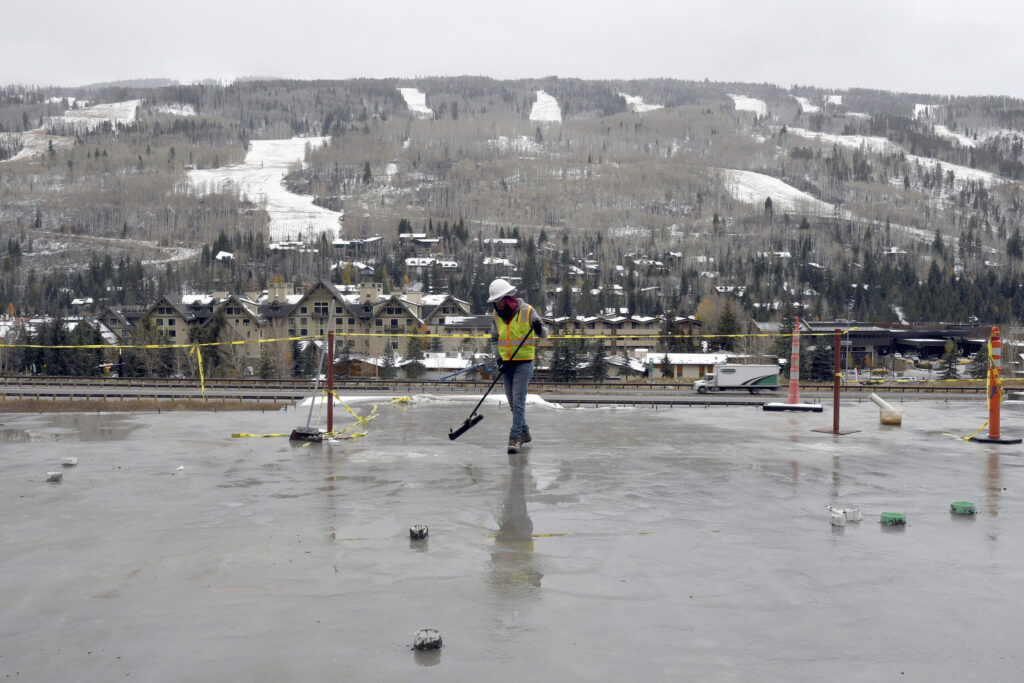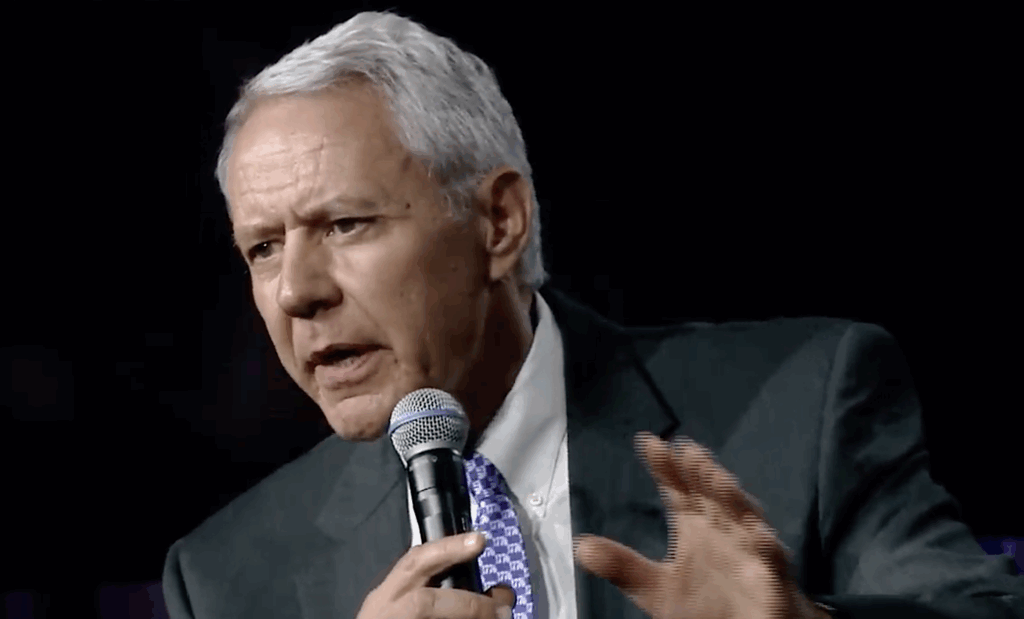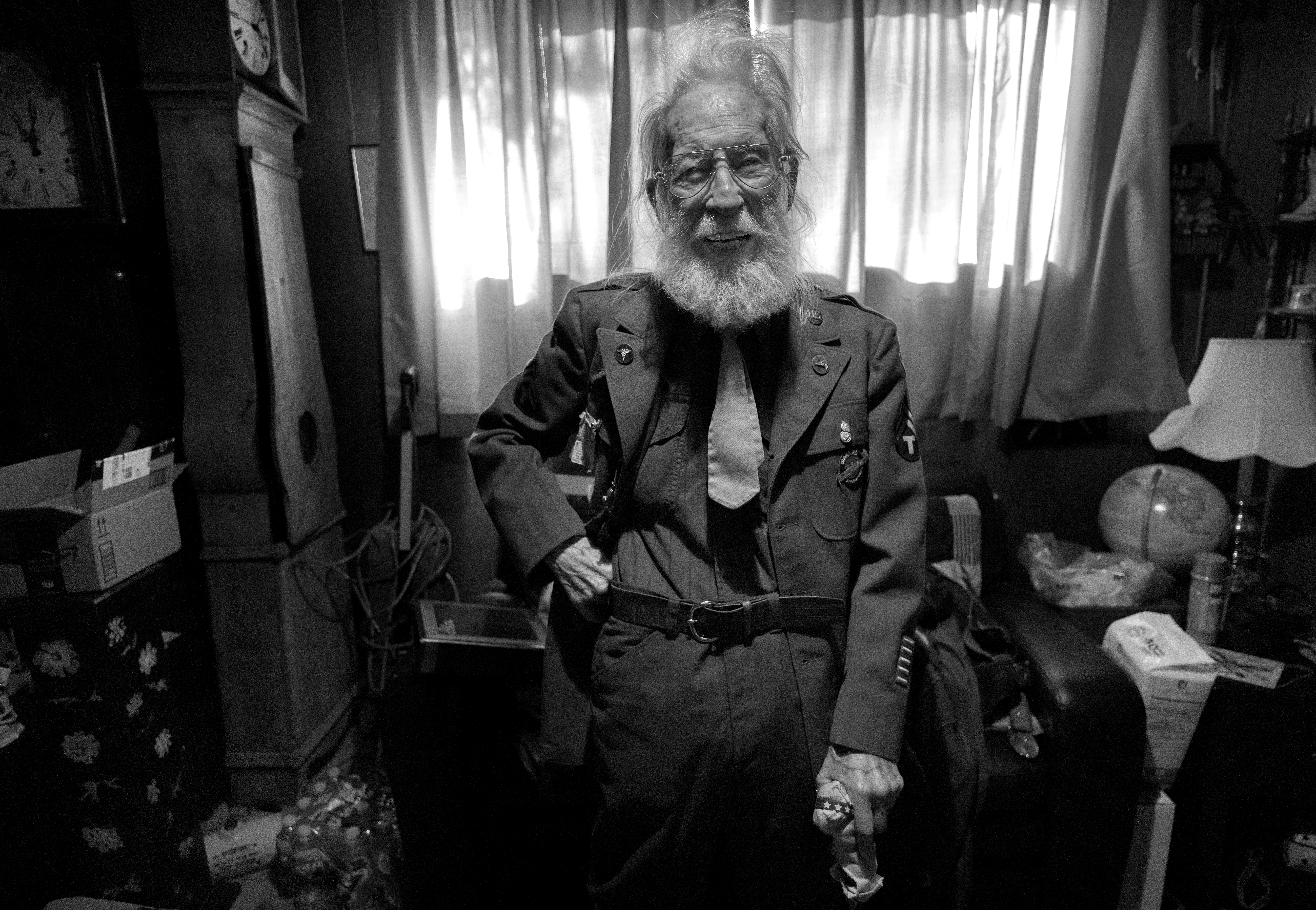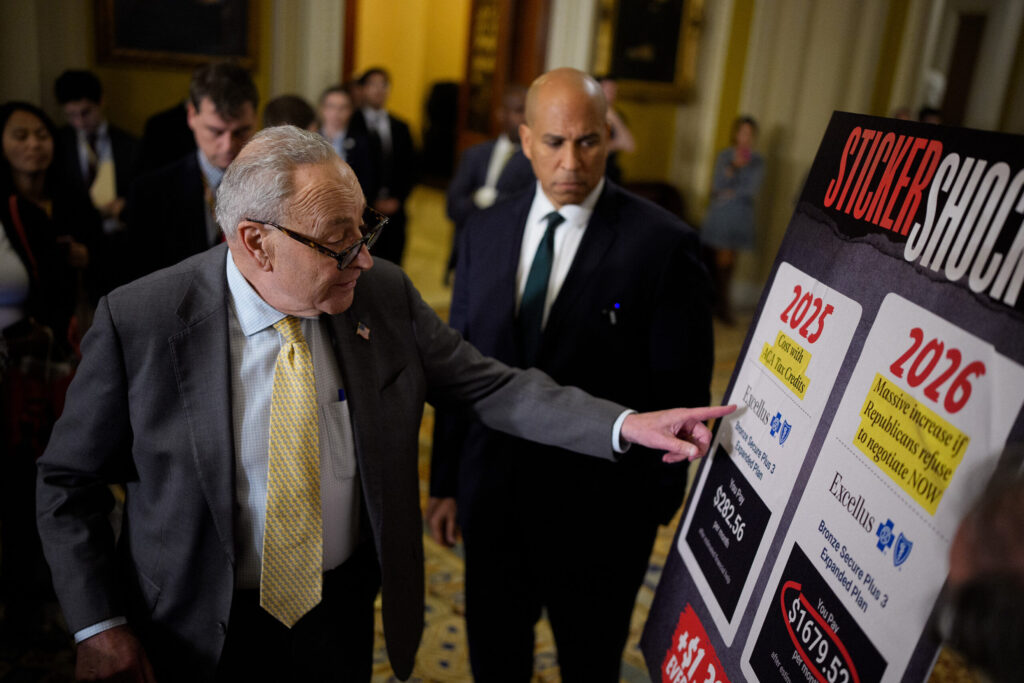INSIGHTS | Former legislator faces jail for being a pain in Colorado’s neck

“He is a cowboy.”
That’s the No. 2 reason why Wes McKinley won’t stop fighting over the water beneath the Eastern Plains, even if it doesn’t directly pick his pocket or break his leg, according to district court documents.
The first reason is he’s a resident of Baca County. The third is he’s a former state legislator, a rare rural Democrat, from 2005 to 2013.
On Sept. 1, McKinley faces 90 days in the hoosegow for complaining too much and tying up the state water commission and the courts. It’s a crime to be a certified pain in the neck — contempt, the lawyers call it.
The public at-large first learned about McKinley as the foreman of a grand jury impaneled in 1989 to investigate Rocky Flats, the not-so-secure site in Jefferson County that produced triggers for nuclear warheads during the Cold War. He co-authored a book about the experience.
Now he has to deal with being on the other side of the jury box.
The first time Wes pinged on my radar was in 2010, when he filed an ethics complaint against a lobbyist, for the safety of the lobbyist.
“He said he would cut out my lying tongue and stuff it down my lying throat,” McKinley recounted to my friend and Denver Post colleague Jessica Fender back then. “My concern is that if something’s not done, it’s going to happen again, and then I will slap him.”
Wes mixes it up like a dusty street of politics. He doesn’t do online polls. He doesn’t convene round tables, focus groups or town halls. He does things roughly and stubbornly, the way things used to occur in the West.
“They will vacate the sentence if I’ll withdraw my appeals and go away,” he told me. “I’m not going away.”
In his view, the state law says in order to get an appropriation to pump, you have to apply to the state Groundwater Commission. An applicant has to publish a notice in the local newspaper, and if there’s no objection, the permit is granted.
If someone objects, there is supposed to be a hearing, where the commission proves there is inappropriate water to supply the request.
“We’re talking about the most important substance on the face of the earth,” Wes said. “We’re not talking about oil or gold or diamonds. We’re talking about something every man, woman and child has to have every day just to exist, the same amount, rich or poor. It takes a half a gallon a day. It doesn’t matter who you are.”
He’d feel differently if it was local farmers trading appropriations to raise crops or earn extra money, but it’s often investment speculators who buy up the rights that someday could dry up the plains when the return on investment is ripe.
“It’s big boys sitting out there with their fancy suits, cigars and their diamond rings and the girls on their shoulder,” Wes imagined out loud. “This is not a little deal.”
So he objects. He objects a lot. About 40 times, not counting nine unresolved cases he considers pending. But before he can get a hearing, he keeps getting shot down on summary judgment. The answer is always the same: Wes can’t show he’s been damaged by other people’s water deals that are nowhere near his water right — standing, the lawyers call it.
That’s sort of in the eye of the beholder, the way Wes looks at it. He lives on the ranch 20 miles south of Walsh, where his family first homesteaded more than 100 years ago.
“Without the water, there is nobody here,” he said of the dry, flat Colorado plains neighboring Kansas and Oklahoma, the three corners. “Nobody could live in this country, and it’s the law that they give me this hearing.”
After years of fussing with the commission and the courts, they “got tired of it, and said you can’t do it anymore,” Wes explained. “I couldn’t appeal or object.”
Well, that sounded like a dare to a cowboy.
His Tuesday morning trial is at the courthouse in Springfield. There’s a real good place to eat down there if you go, Longhorn Steakhouse and Cafe, right there on Main Street. It’s not a big town.
The judge is Stanley Brinkley, who was one of Wes’ math students at Pritchett High School 50 years ago.
“I told him back then he ought to go into law,” Wes recalled. “Maybe he’d win an argument.”
That’s not going to help, Wes.
The 75-year-old widower says he has time on his hands, if the authorities want to push it that far.
The most this skirmish could cost him is 90 days, Wes figures. The principle is worth it to him, he said. He wants to improve his guitar playing, and he might start writing another book, one about vanishing water in the West.
The courts can’t get money he doesn’t have.
“I don’t have nothing, literally,” as Wes put it. “I had to catch a ride home because the front end fell out of the truck I drove to town today.”
They don’t make Coloradans like Wes McKinley anymore. Some might say that’s a good thing. I say it’s a doggone shame, as long as you’re not paying for the other side’s lawyers.













